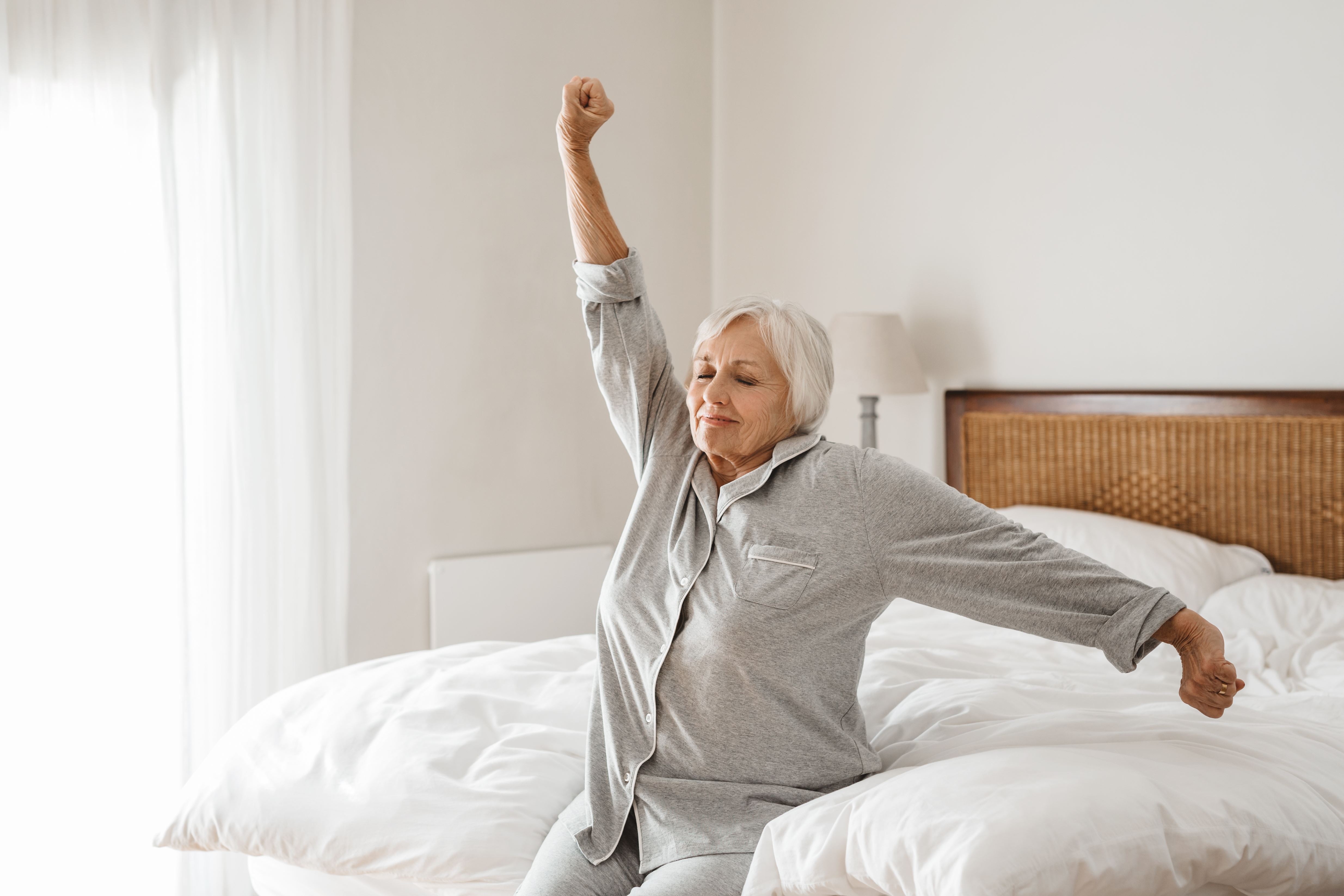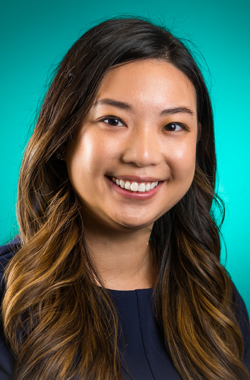What are the risks and benefits of taking sleep aids?
- Category: News, Healthy Living, Sleep Center
- Posted On:
- Written By: Dr. Cecilia Tran

Are sleep aids safe to use?
When taken by healthy adults, sleep aids are usually safe for short-term use if they are used as directed. However, given the potential for side effects, it's always safest, regardless of the type of sleep aid to take it under the guidance of a health professional who can review your situation and discuss the benefits and risks of specific sleep aids in your unique case.
- Diphenhydramine and doxylamine aren’t recommended for people who have certain health problems, including closed-angle glaucoma, peptic ulcer, and urinary retention.
- In addition, sleep aids pose risks for women who are pregnant or breastfeeding
- Might pose risks for people over age 65, including increased risk of dementia
How effective are sleep aids?
Sleep aids are not a magic cure. But they can be effective.
Most sleep aids available without a prescription contain antihistamines. Tolerance to the sedative effects of antihistamines can develop quickly. The longer you take them, the less likely they are to make you sleepy.
What are the potential benefits?
The primary benefit of most sleep aids is that they induce drowsiness to help you fall asleep or increase the likelihood that you will stay asleep through the night.
By improving sleep in the short-term, many sleep aids can help alleviate daytime drowsiness and impaired thinking from sleep deprivation. They may help reset your sleep schedule, enabling you to get more sleep.
However, most sleep aids are not meant for long-term use. Treatment for sleep disorders like insomnia often combines a sleep aid with practical steps, such as improving sleep hygiene, that can help you get quality sleep every night without relying on sleep medication.
What are some potential side effects?
Potential side effects can vary based on the specific sleep aid and whether the person taking it has any other health problems or medications that they take. In general, there are potential negative effects that can occur with almost all sleep medications, although the likelihood of these effects may be higher with some sleep aids
- Lingering next-day effects
- Confusion or loss of coordination
- Abnormal behavior
- Allergic reaction
- Drug interaction
Potential risks:
- Some sleeping pills may have detrimental effects on other health conditions. A number of sleep medications are tied to worsening symptoms of depression, and prescription sedatives can cause suppressed breathing that can exacerbate sleep apnea.
- Some may be habit-forming- this may lead to the drug being taken for too long or at too high of a dose, increasing the risk of side effects
Are there any sleep aids out there that are better than others?
Where should I start if I am having trouble sleeping?

Dr. Tran specializes in Primary Care at Touro. She attended LSU School of Medicine and completed her residency at LSUHSC and is board-certified by the American Board of Family Medicine.


